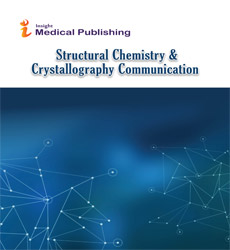The Impact of Artificial Intelligence on Innovation
Iain M. Cockburn
Abstract
Artificial intelligence may greatly increase the efficiency of the existing economy. But it may have an even larger impact by serving as a new general-purpose “method of invention” that can reshape the nature of the innovation process and the organization of R&D. We distinguish between automationoriented applications such as robotics and the potential for recent developments in “deep learning” to serve as a general-purpose method of invention, finding strong evidence of a “shift” in the importance of application-oriented learning research since 2009. We suggest that this is likely to lead to a significant substitution away from more routinized labour-intensive research towards research that takes advantage of the interplay between passively generated large datasets and enhanced prediction algorithms. At the same time, the potential commercial rewards from mastering this mode of research are likely to usher in a period of racing, driven by powerful incentives for individual companies to acquire and control critical large datasets and application-specific algorithms. We suggest that policies which encourage transparency and sharing of core datasets across both public and private actors may be critical tools for stimulating research productivity and innovation-oriented competition going forward.
Open Access Journals
- Aquaculture & Veterinary Science
- Chemistry & Chemical Sciences
- Clinical Sciences
- Engineering
- General Science
- Genetics & Molecular Biology
- Health Care & Nursing
- Immunology & Microbiology
- Materials Science
- Mathematics & Physics
- Medical Sciences
- Neurology & Psychiatry
- Oncology & Cancer Science
- Pharmaceutical Sciences
